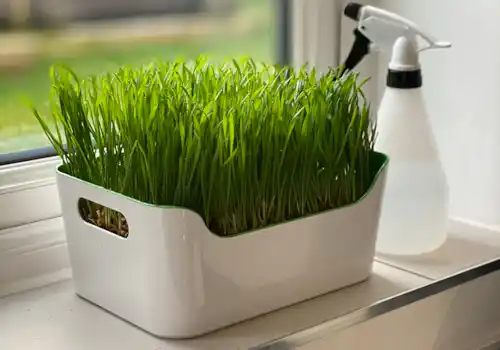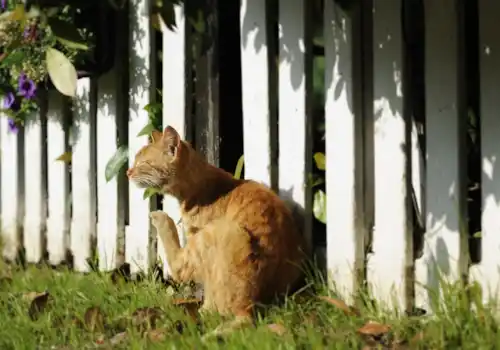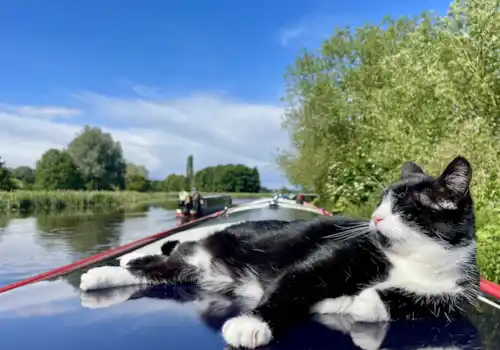When cats hunt they will usually take the live or dead prey back to somewhere they feel secure, like their home.
(Q) How do I stop my cat eating rodents?
(A) Behavioursit Jon Bowen says: When cats hunt they will usually take the live or dead prey back to somewhere they feel secure, like their home. This creates a nasty mess, because cats rarely eat their whole catch. They tend to eat the head and the more muscular parts of the body, leaving the guts behind. Not nice, and it also has health consequences for the cat because rodents may carry toxoplasmosis and the larvae of round worms.
What can be done? In the CatWatch survey we did last year, we found that only a small minority of cats were highly predatory; most never caught or brought home prey. So, some cats are highly motivated to hunt, and there is probably not a great deal that can be done about it. However, there are a few things you can do to reduce your cat's success rate. Try keeping your cat inside overnight, especially in the early hours of the morning, because this is a time when they can be most actively hunting. If the rodents your cat is bringing in are nuisance vermin like rats, then think about ways to control these pests so that your cat doesn't have to; remove shelter for vermin by clearing out sheds, and keep the environment free of waste that they might be feeding on.
Studies have shown that ultrasonic collars can help to prevent predation of birds, but I don't think the effect is the same with rodents. Fitting a safety collar with a loud bell may still help to make your cat a less successful hunter.
Lastly, make sure that your cat is wormed regularly, to prevent the build-up of roundworms contracted by eating rodents, because these can cause vomiting.







